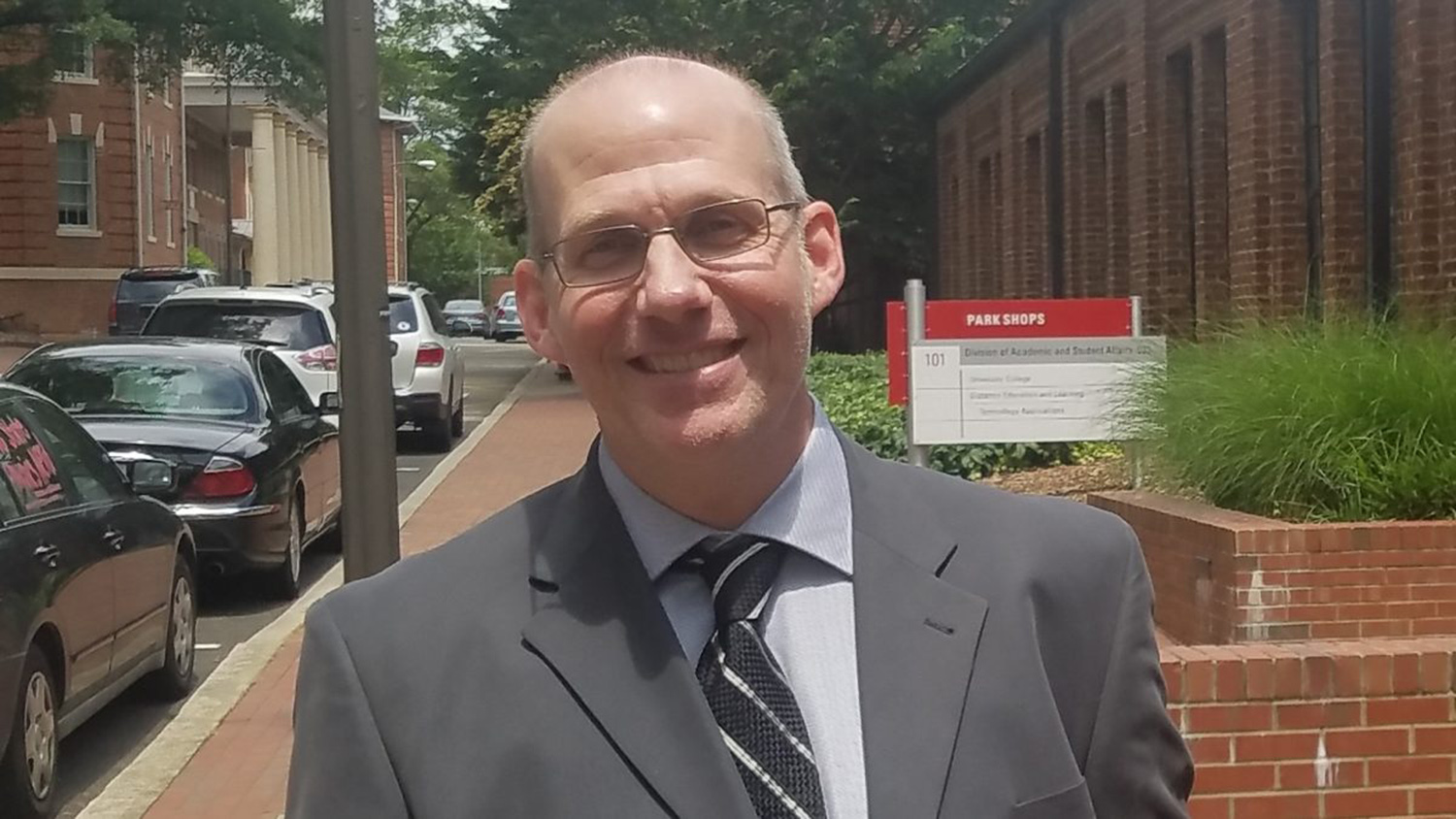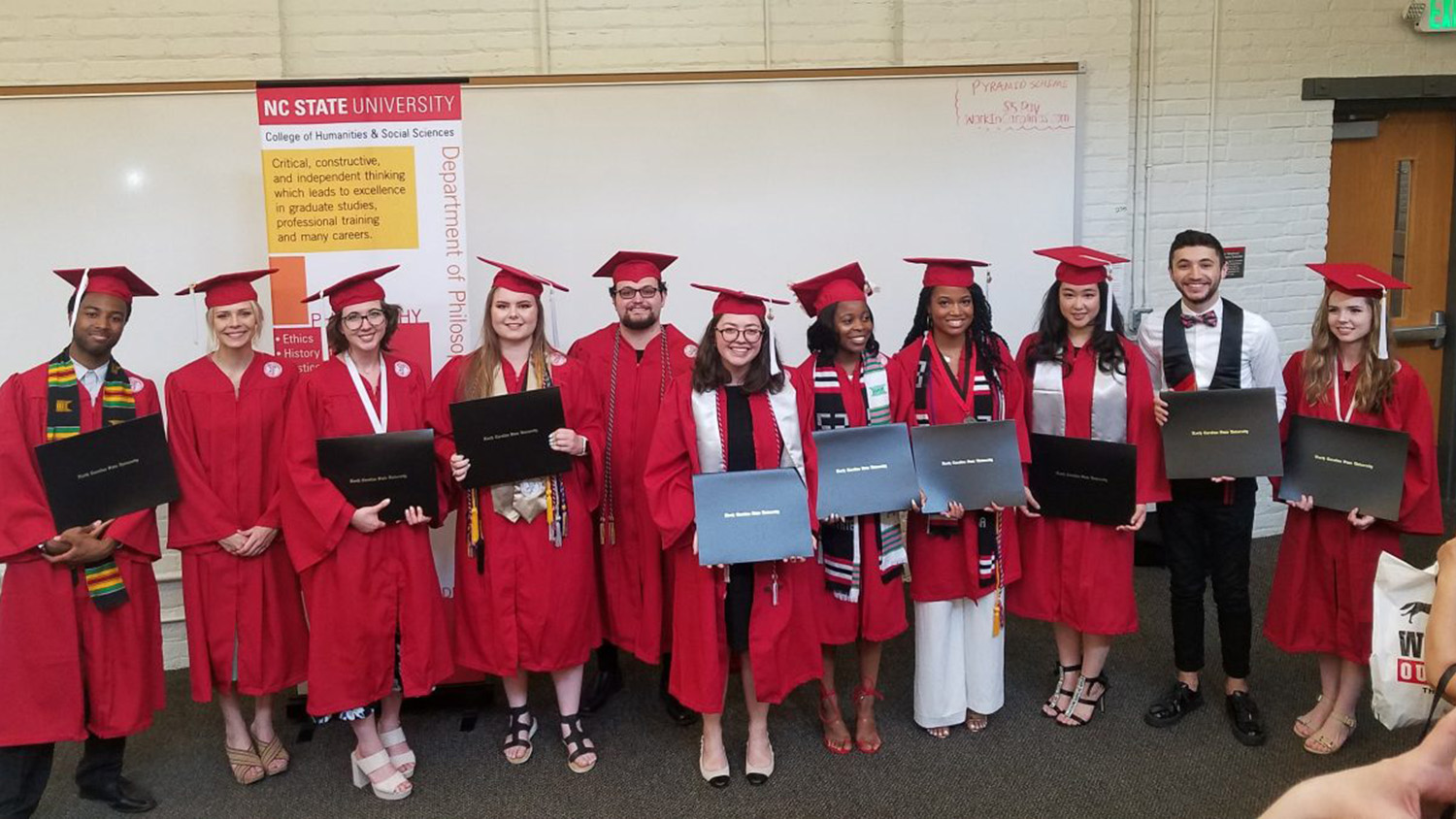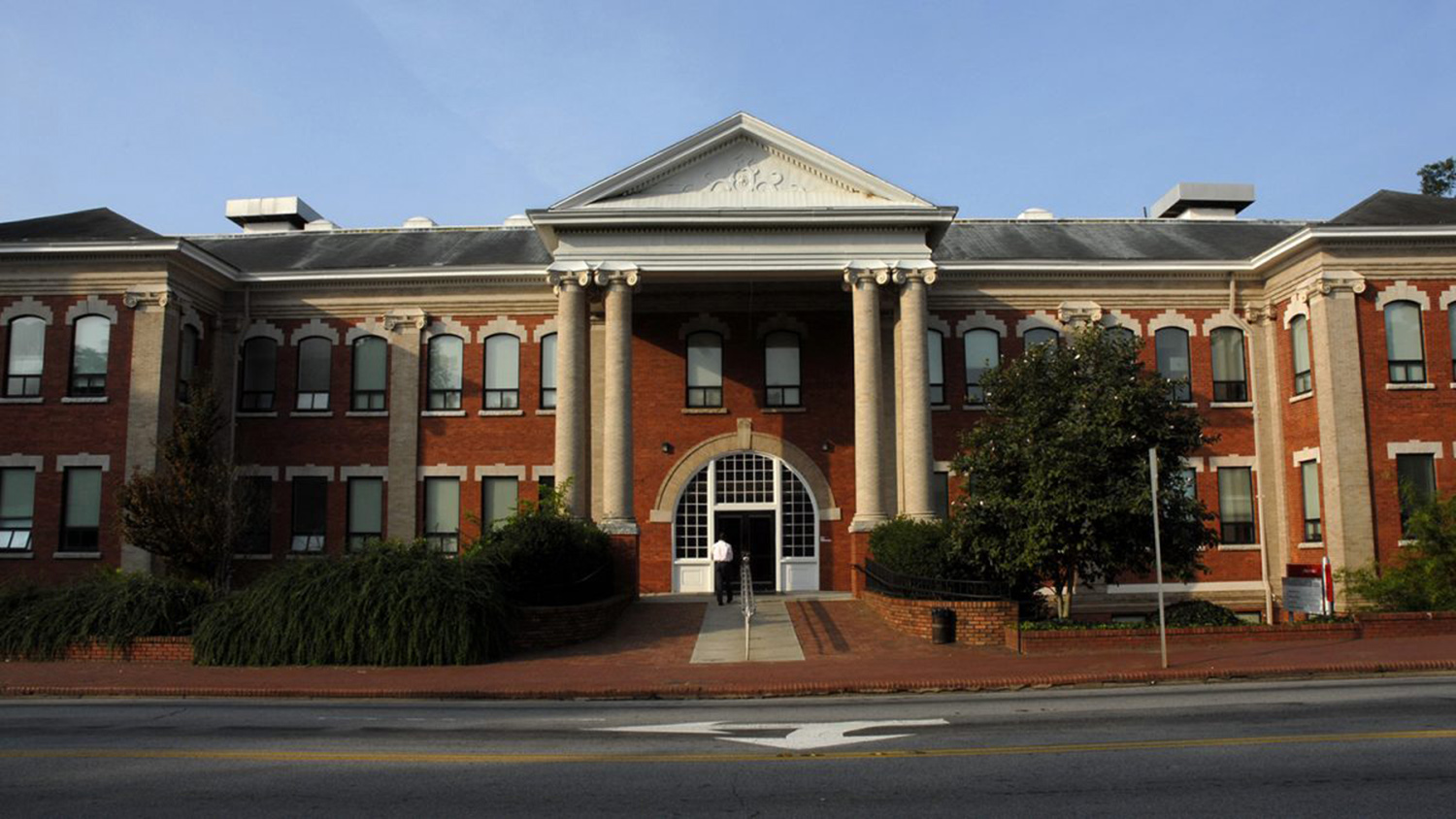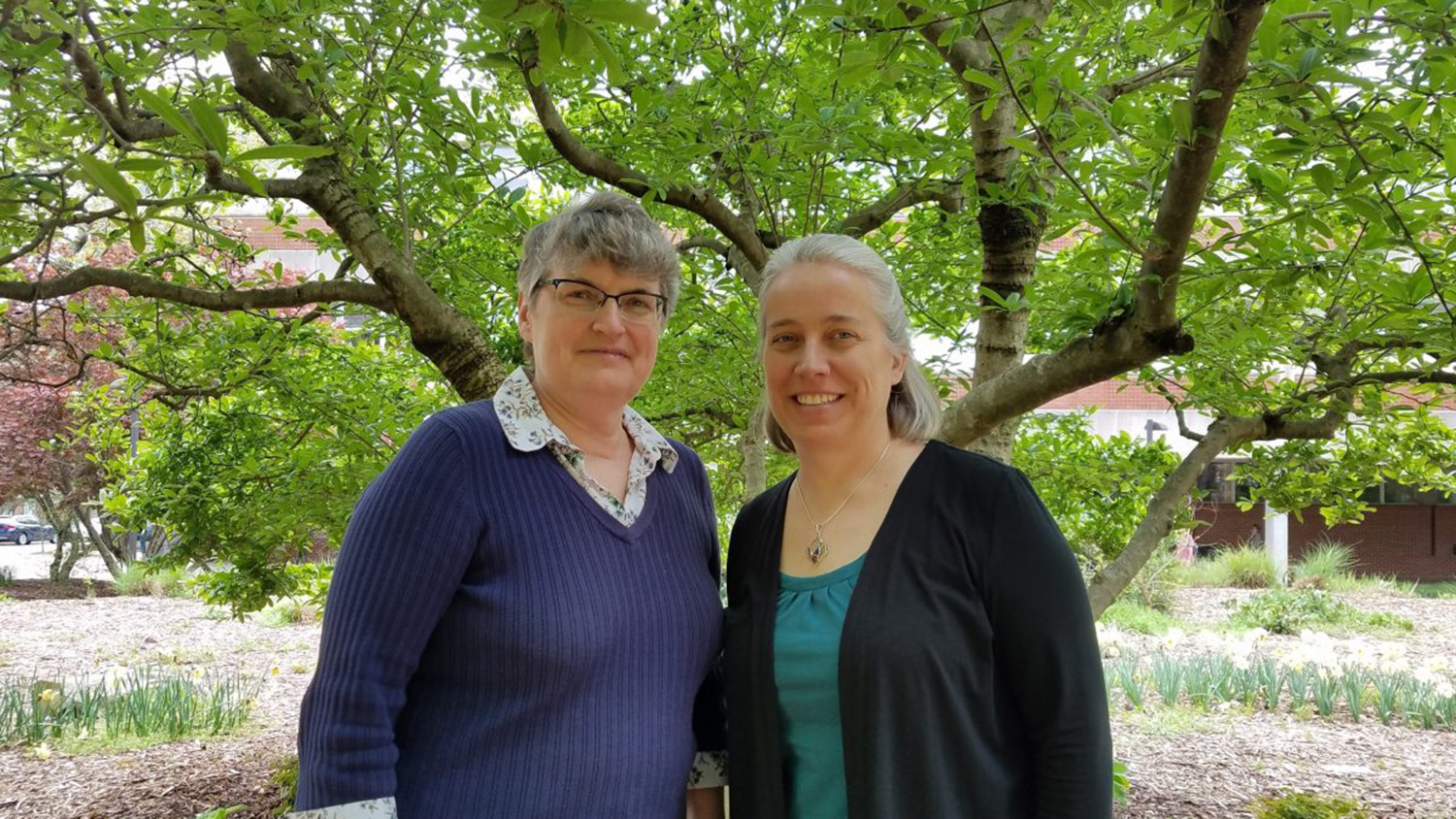Work In Progress: Jason Bivins on Religious Discontent with American Politics

In the following article, Jason Bivins, professor of religious studies, discusses his ongoing work on his fourth book, Embattled Majority: “Religion” and Its Despisers in America.
Embattled Majority is my third sustained attempt to engage with and propose a new framework for interpreting the religious discontent with politics that has amplified since the 1960s. I am trying to go beyond some of the standard observations about U.S. political religions, which are often interpreted either as mere expressions of neoconservative organizing or as renewals of older forms of religious populism.
My scholarship has always been grounded in the conviction that behind many political religions we find a more complex interrogation of some foundational elements of political liberalism: individualist conceptions of citizenship; a clear separation between the public and private realms; the priority of negative liberty over agonistic participation in public life; and the constraint of certain kinds of speech and action in the realm of the political.
In recent decades, however, instead of robust interrogation of key forms of civic action, American politics has been hollowed out through the resurgence of older forms of demonization and conspiracy thinking. Once outlandish ideas have moved steadily to the center of American politics, aided by the rise of social media and the erosion of political and economic stability under neoliberalism. It is in this context that claims about persecution and embattlement are nurtured.
In the preponderance of conflict rhetoric and imagery, as well as the creep of apathy and despair, we see vivid signs of the distance between Americans’ aspirations for themselves and what they believe of the world they share. So Embattled Majority thinks about why different groups of Americans proclaim they are the majority while also acting and speaking out as victims, as the oppressed, the persecuted, the embattled.
Many scholars and popular authors alike have addressed the topic in general terms. For every indignant complaint one encounters on Fox News, the Christian Broadcasting Network, or from a Freedom Caucus Republican, there is a snarky dismissal from Bill Maher, Sam Harris or another liberal wag. These discourses on the whole only serve to sustain themselves, with little changing in the culture at large. My book is ultimately aimed at changing the subject, since Americans tend to spend far too much time incensed about religion.
A half-century of oxygen given to the “problem” of religion in public life has been unproductive and sometimes counter-productive. As we have grown accustomed to bloviation about the culture wars and the like, we have gotten into the habit of ignoring the more fundamental questions lurking behind them: the more trenchant problems of representation, authenticity, participation, law, history and birthright. These are the things that require a more urgent reassessment if we are to remake the public good.
- Categories:


